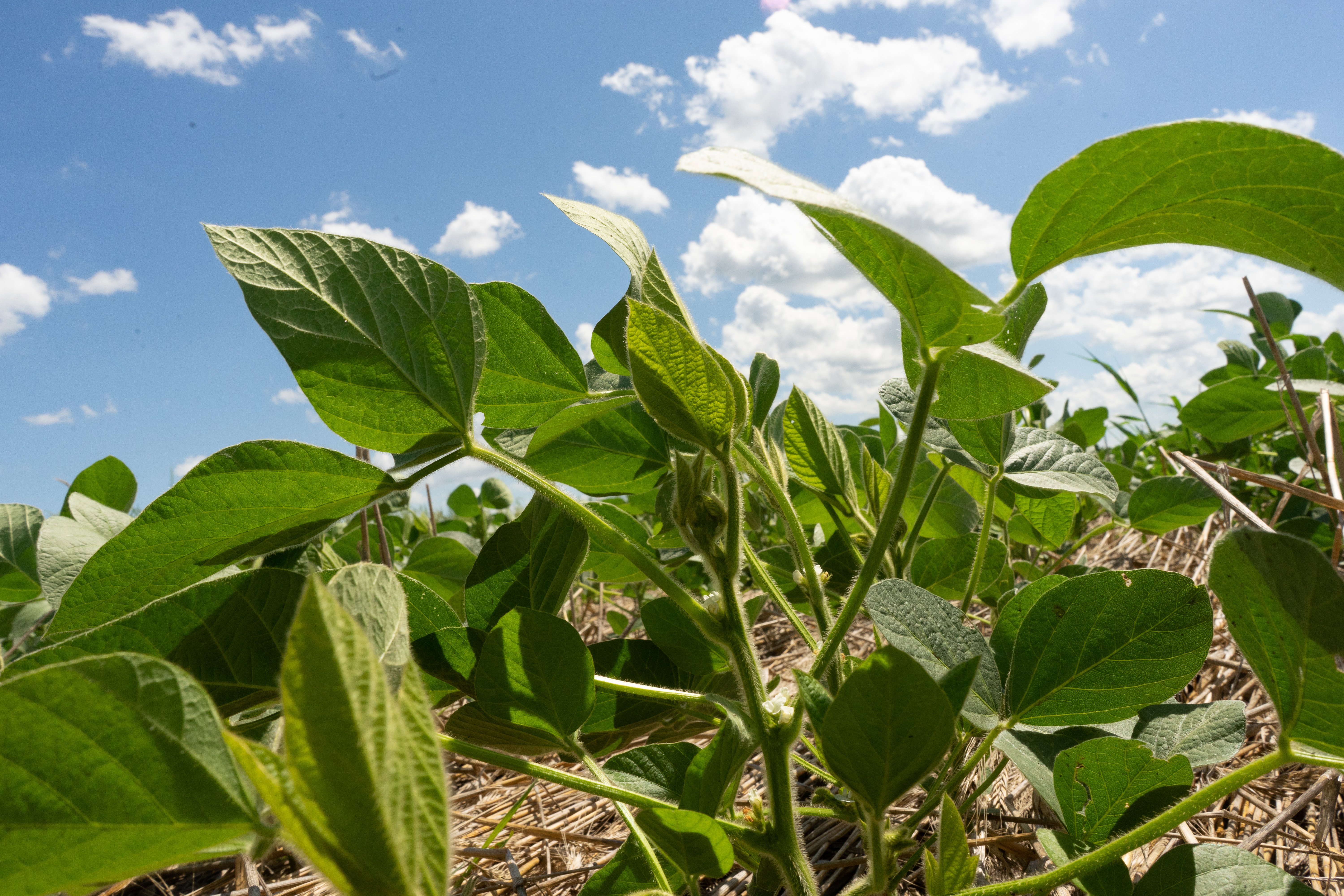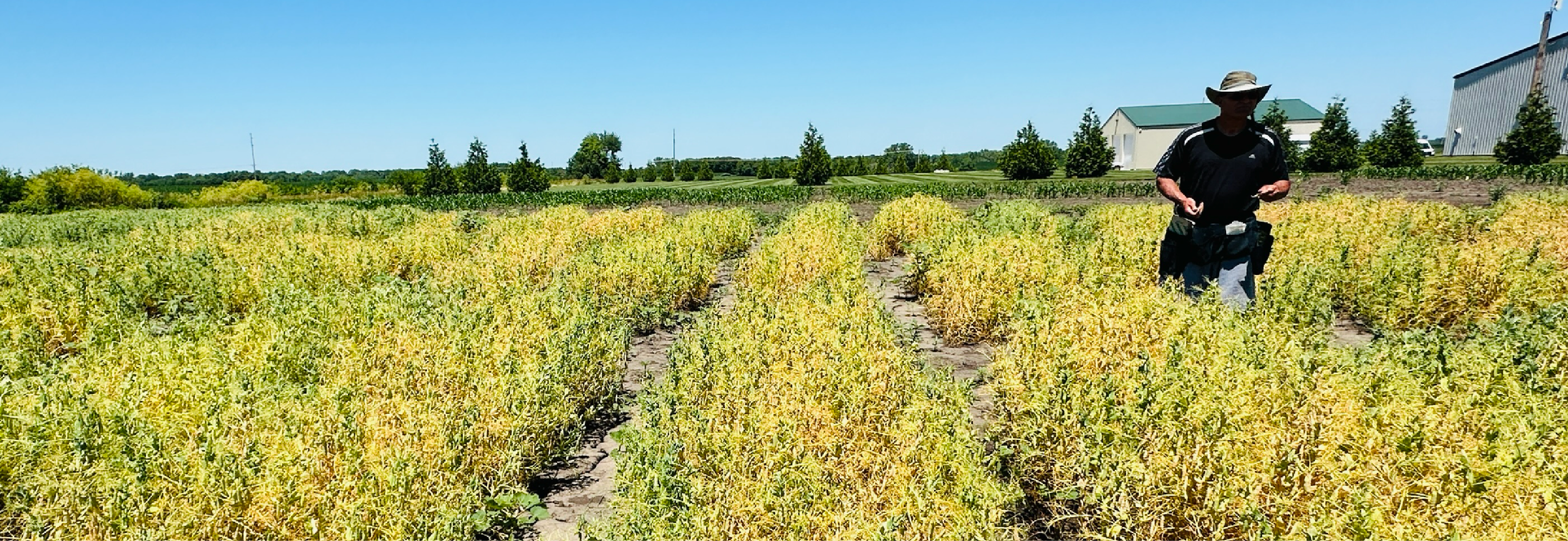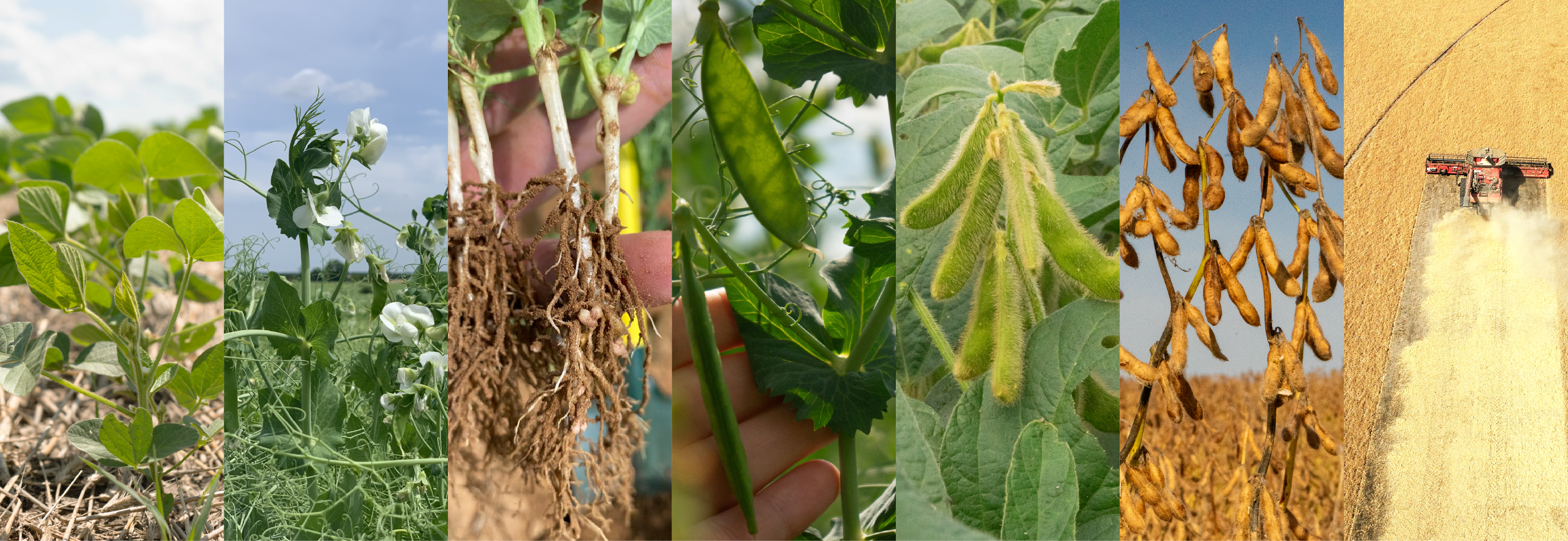Imagine if you could see into the future of your fields, predicting which weeds will pose the biggest threats and how to best combat them. While we can't quite do that, advancements in genotyping are getting us remarkably close, offering powerful new tools for North Dakota farmers, especially those committed to organic and non-GMO practices.
We're constantly looking for innovative ways to support our growers and enhance the resilience of their operations. Understanding the genetic makeup of weeds on your farm can be a game-changer.
Enhanced Weed Management for Organic and Non-GMO Systems
Many PURIS growers operate under organic or non-GMO protocols, where the options for weed control are limited or highly regulated. This is where genotyping comes in. By identifying resistance traits in problematic weeds like pigweed and kochia, even if you're not using synthetic herbicides, you can gain a significant advantage:
- Strategic Crop Rotation: Knowing which weed species are resistant helps inform where to place crops like peas or other cover crops in your rotation to naturally suppress them.
- Optimized Tillage and Cultural Practices: Data on weed resistance can guide decisions on mechanical weed control or alternative practices, ensuring your efforts are as effective as possible.
- Maintaining Organic Certification: Proactive weed management based on genetic insights helps reduce overall weed pressure without relying on synthetic inputs, safeguarding your valuable organic status.
Data-Driven Crop Rotation Planning
The PURIS model emphasizes soil health and regenerative practices, including the use of legumes like peas to reduce nitrogen inputs and suppress weeds. Integrating weed resistance data takes this a step further. It can help you determine:
- The ideal placement of peas or other beneficial cover crops in your rotation.
- Whether to lean more heavily on mechanical weed control or other cultural practices for specific fields.
- The optimal timing for planting and harvest to minimize the spread of weed seeds.
Personalized Weed Resistant Profiles
We know our PURIS growers are keen on learning and adopting the best practices. Now, imagine having access to personalized weed resistance profiles, offering you targeted recommendations. Good news, there is a resource avalible to you! The National GenoTyping Center offers a program funded through the state of North Dakota for growers to have any of their weeds genotyped for herbicide resistance. If you have questions regarding the program, reach out to your PURIS Procurement contact.
[Learn more today about what test types are available for pulse crops here]
Risk Mitigation for Contracted Acres
PURIS's full-production contracts are designed to reduce market risk for our growers, but weed resistance can still threaten yield and quality. Genotyping offers a remarkably low-cost way to:
- Identify emerging resistance before it becomes widespread and impacts your crops.
- Protect yield potential on high-value pea and soybean acres, ensuring you meet contract specifications.
- Reduce the need for emergency interventions that could jeopardize organic status or contract compliance.
To our growers, thank you for partnering with PURIS! We appreciate your dedication to sustainable agriculture. If you'd like to grow with us and explore how these innovations can benefit your farm, don't hesitate to reach out.



